Just saying!
We are embarking on a new creative journey, and will be reporting in English this time. Every week we will pay a visit to a new ‘saying’ and tell you more about Write outside the box and what we can do for you. These posts give an idea of what we could write for you once we have met.
A = Apples and oranges
The idiom states that you cannot compare apples to oranges, i.e. an apple is and always will be an apple; likewise an orange. Even so, both are fruits and both are round.
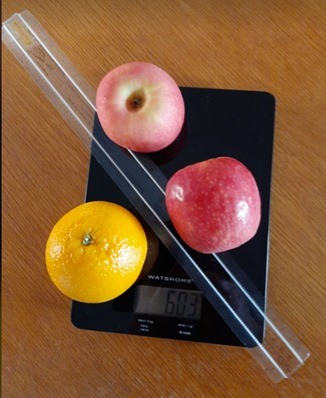
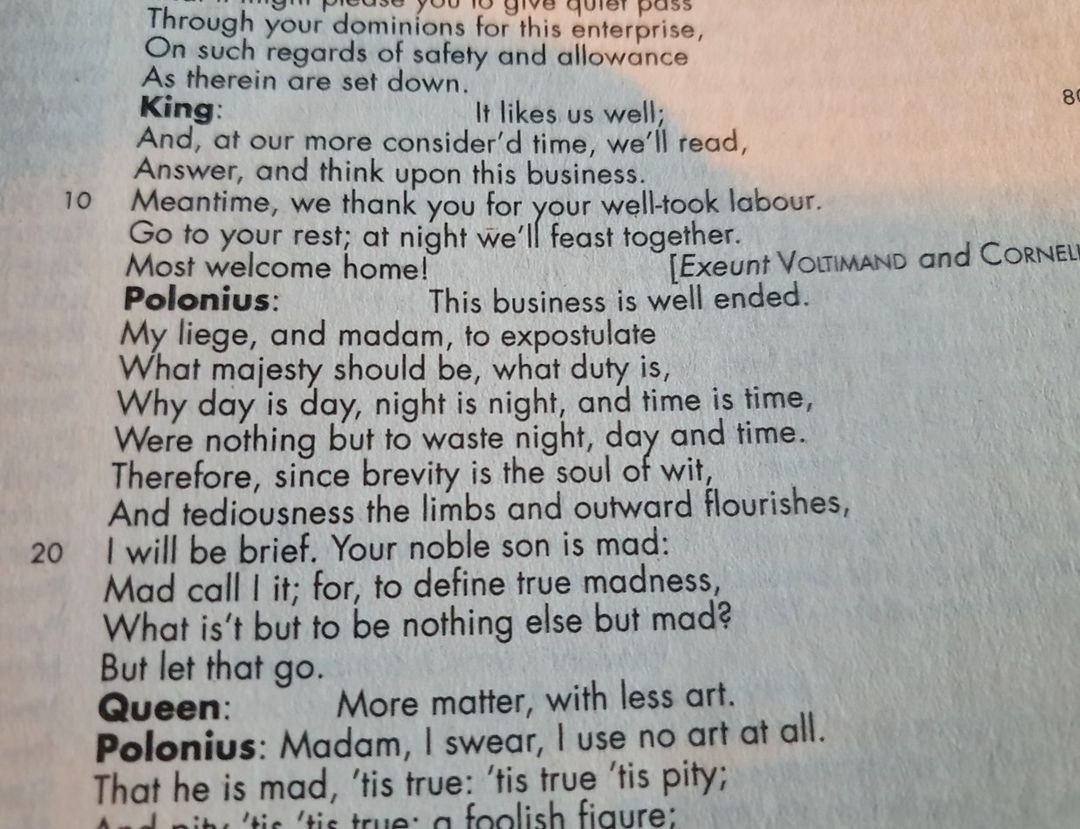
B = Brevity is the soul of wit
A little-known English poet penned this still-quoted aphorism – in Act II, scene 2 of Hamlet – more than 500 years ago. Did you know that most of the idioms, sayings and proverbs in the English language originate either in the works of William Shakespeare or in the King James Bible, which also dates back to the early 17th century?
C = A chain is only as strong as its weakest link
Your chain of texts is only as strong as your weakest hyperlink. Every text should convey the corporate message, showcasing what you stand for. For some, this will be the first thing they read; for others, one of many, having decided to follow the company on its journey.
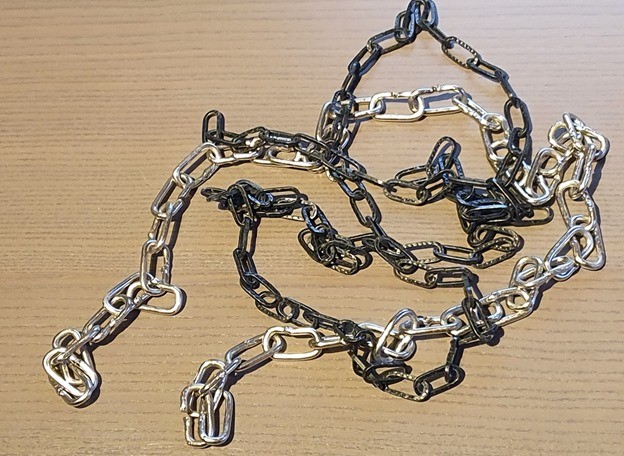

D = As one door closes, another opens
Doors come in all shapes and sizes. Some are open to all, others remain closed to most of us. Doors are part of everyone’s daily lives, and as long as the door you want to take opens for you, you do not give them a second thought. Doors do not always refer to physical thresholds to be crossed. Sometimes, a ‘door’ acts as a metaphor: for crossing a border or achieving a goal. A door can occasionally be considered insignificant and not worth mentioning, as in “opportunity knocks”, but opportunity cannot knock on an open door or one that does not exist.
E = Don’t put all your eggs in one basket
Eggs are fragile, but are more resilient than we expect. Drop an egg onto a lawn from a few floors up and you’ll be surprised to see that it doesn’t always break. But it is still smart ‘not to put all your eggs in one basket’; chances are, when one breaks, the others will too.
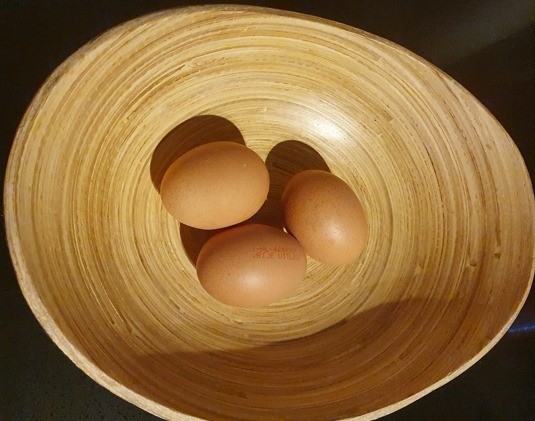

F = The Fly in the ointment
When we work on a project, we try to consider every aspect of it. Most projects tend to work out in the end but, every now and again, we get one and discover there’s a fly in the ointment. It might be a minor detail or someone – or something – that spoils an otherwise positive experience. In the olden days, people would first draft a letter then copy it out in longhand to remove the ink stains, that is, remove the flies in the ointment.
G = Great minds think alike
This idiom can be considered from a philosophical perspective. I believe a great mind is someone who is different, who does not follow suit, who thinks independently or puts many ideas or styles into a single vessel. In short, someone who does not think alike anybody else.
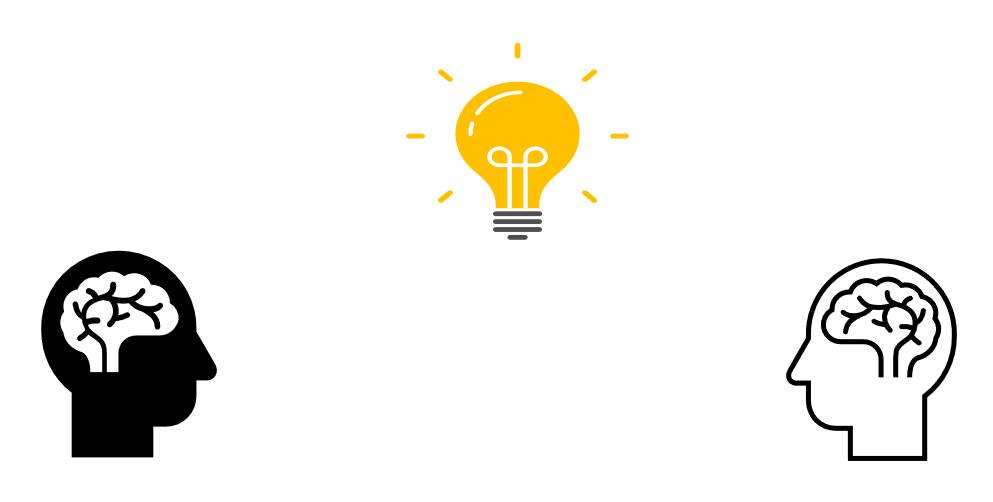
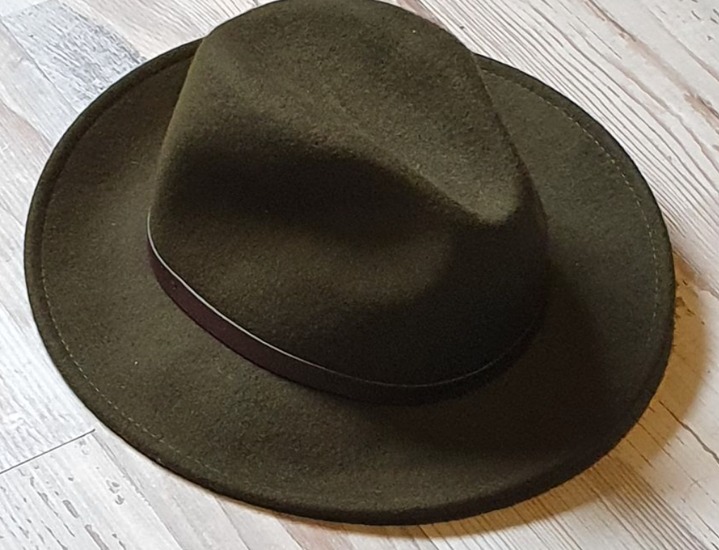
H = At the drop of a Hat
This idiom means to act without hesitation based on a single signal.
I = No man is an Island
This commonly used idiom indicates that no-one is truly self-sufficient, that everyone must rely on the company and comfort of others to function and fulfil their potential.


J = A Journey of a thousand miles begins with a single step
Life is a journey from birth to death, but what we do on our particular journey is up to us. We can dream and take no action or we can work on realizing our dreams one step at a time. The most important of these steps is the first one, once you are on your way many things conspire to keep you going. Somehow we often see a wide chasm or a high mountain in front of us that keeps us in our place, inert.
K = Knowledge is power
People with different cultural backgrounds will attribute this aphorism to different sources from a variety of historical periods. More than one person may have written or said it, or people from various backgrounds heard or read and started using it, but this is not the point under discussion. “Knowledge is power” can be used in many ways depending on the person saying or writing these three words, i.e. a blackmailer would not mean the same as an ethical person.
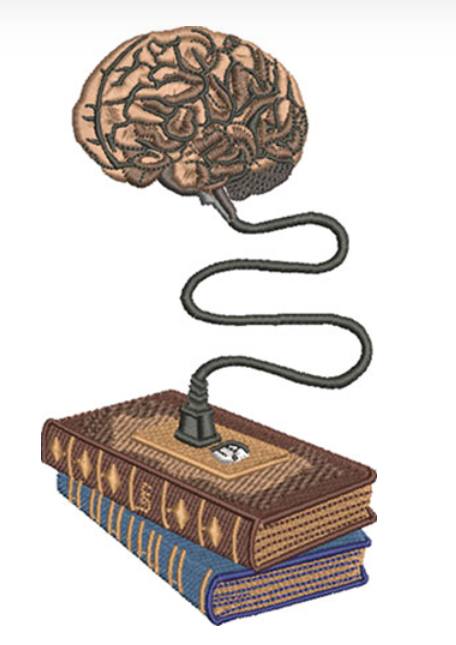

L = Laughter is the best medicine
Let’s face it, life is stressful, the ideal work-life balance requires a continuous cycle of hard work but life always gets in the way!
M = A Means to an end
Today we address a phrase dating back to the mid-1800s, which may or may not be based on the proverb “the end justifies the means”. Sometimes reaching out to others to help you achieve your goals is a bitter pill to swallow, but a necessary one.


N = Keep your Nose to the grindstone
This idiom is interesting for its basis on the ‘grindstone’, a thick disc of stone or other material used to grind, sharpen or polish metal objects – a tool used for many centuries – or the stone used in mills to grind cereals such as wheat. “Keeping your nose to the grindstone” is likely to refer to constantly smelling whether the wheat was burnt because the tolerance was incorrect or too much wheat had been added. In short, it meant that you needed to stay alert while working.
O = An Ounce of prevention is worth a pound of cure
It used to be common knowledge that an ounce was 1/16th of a pound. Sayings often contain words that have lost their pragmatic usage, that would be worded differently in ‘modern’ times. Metric measurements are commonly used nowadays, but we still retain the ‘old’ measures in set phrases. When you work with words you remark on this kind of thing…
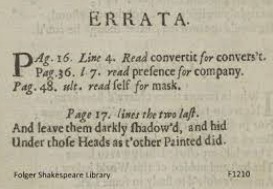
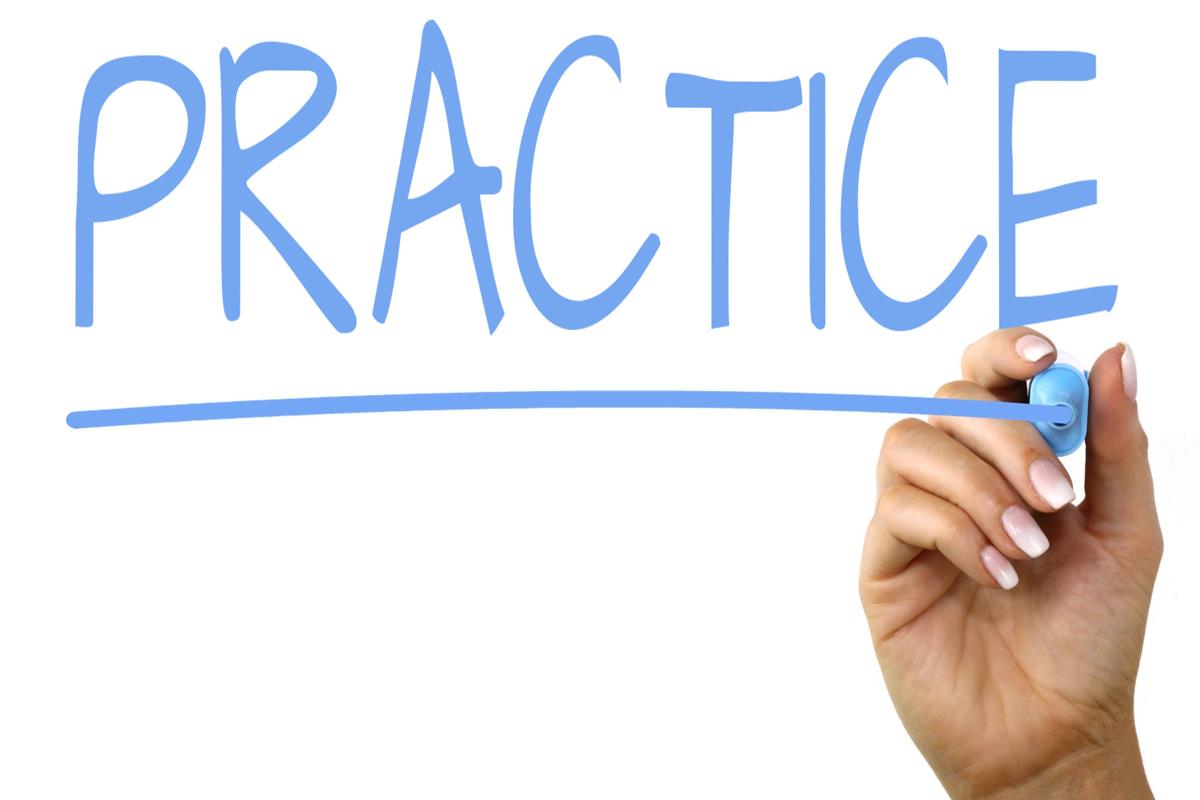
P = Practice makes perfect
Q = The never-ending Quest for knowledge
Some people love a good quest; others couldn’t think of anything worse. When the task is too easy, it brings little satisfaction, no sense of pride for the results achieved. A thirst for knowledge can lead you down the rabbit hole… and then your quest never ends.
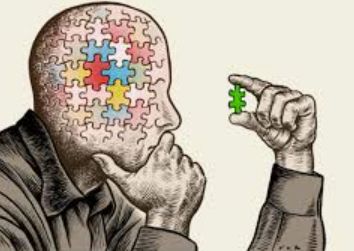

R = All Roads lead to Rome
S = Spend one day in someone else’s Shoes
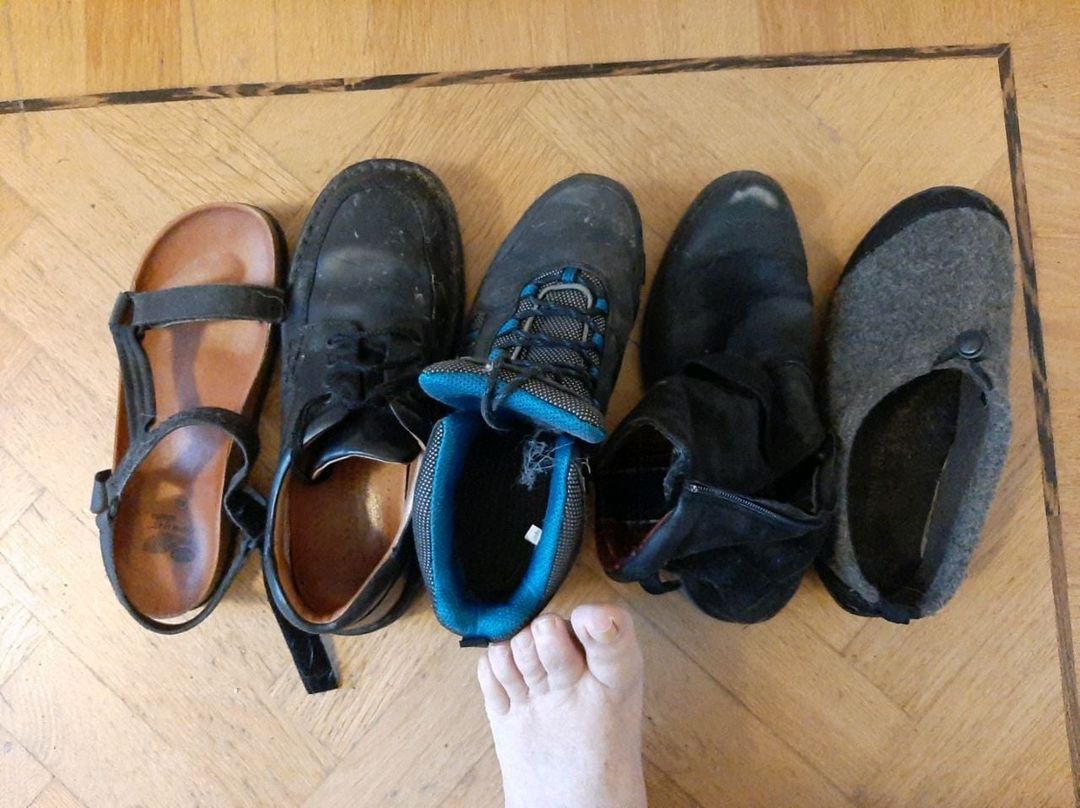

T = Time flies when you’re having fun
U = Be a Unicorn in a field of horses
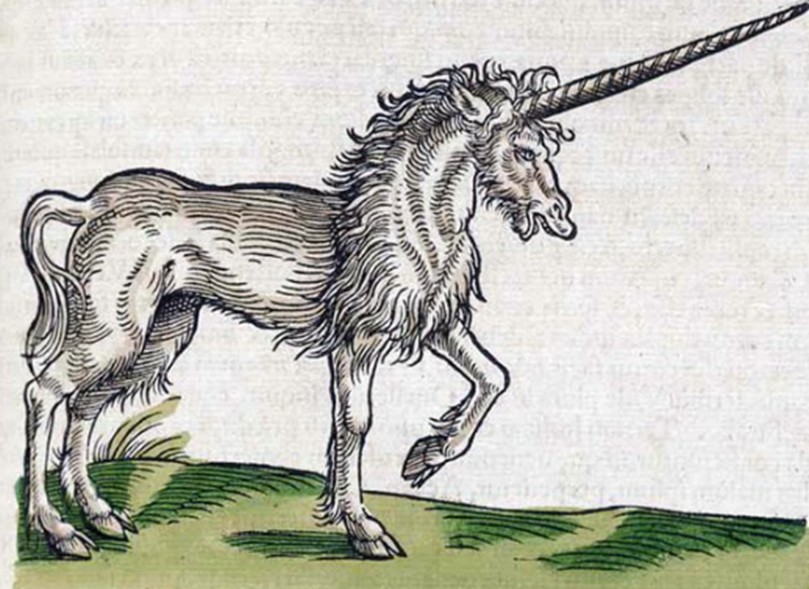
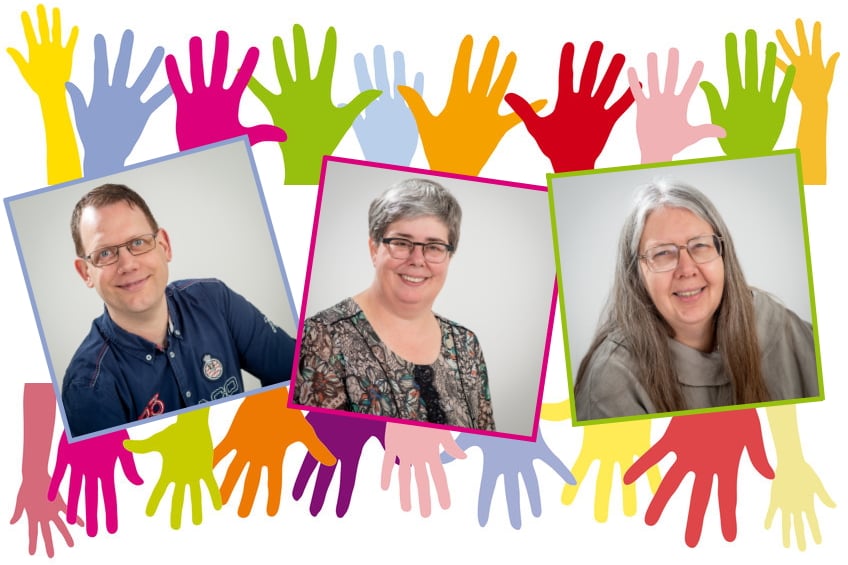
V = It takes a Village to raise a child
W = Waste not, want not
Saving something for later sounds like a good idea until it leads to hoarding. As usual, too much of a good thing is no longer quite so great. But the opposite is also true: throwing useful items away because you no longer need them is wasteful and has a negative impact on the environment. Once again, it’s all about balance. If you no longer need something, you can give it to others who will use, recycle or upcycle it. But waste is sometimes exactly what it says on the tin, rubbish.
Various fads have passed in and out of favour, from minimalist living to removing anything that does not spark joy or the OHIO (Only Handle It Once) method for decluttering.
When just about managing, you can buy a single brick at a time then eventually have enough of them to build a home, or you can give in to despair. When someone is comfortably off, they might get ‘tired’ of their furniture, but why change it every other year, just because you can?
Thinking outside the box means trying to find balance, to understand that your point of view is not the only one and to listen to others’ perspectives. Mutual understanding will lead to a better world.
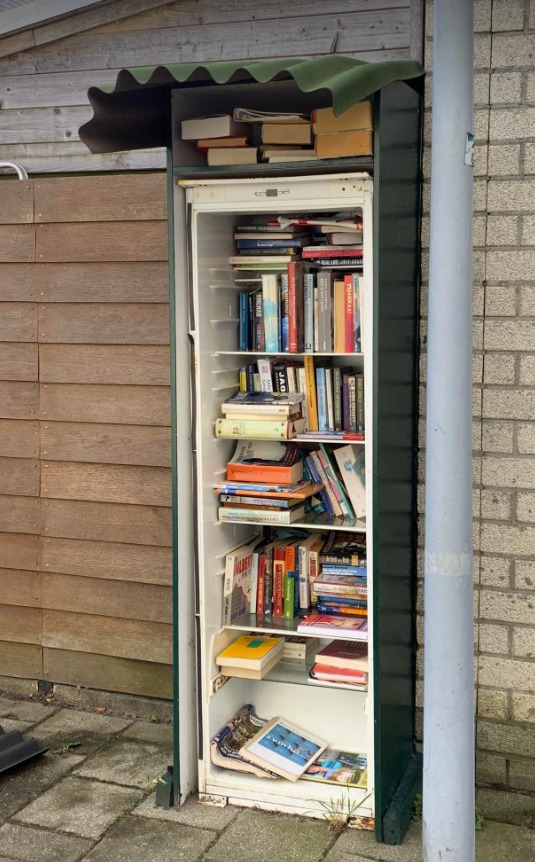

X = X marks the spot
People and animals have added markings to remember a location since time immemorial. In stories, X often marks the spot. The phrase is documented to have been used at least since the early 19th century but Robert Louis Stevenson’s 1883 novel Treasure Island was instrumental in planting the treasure map concept in the collective unconscious. Books pass in and out of favour, although the idea of X marking the spot on a treasure map is still very much alive. In the computer game Minecraft, treasure is also indicated on the map with a red X.
Any other letter could stand for something specific, such as a name or location. For example, when moving home, a letter could be added to indicate the room the contents of the box belong in. For example, ‘K’ for kitchen. But as fewer words and names begin with an ‘X’, this letter may not be as confusing as others.
An ‘X’ was often used as a signature by the illiterate and is an easy symbol to make using sticks or rocks. There are a number of potential origins; we are unlikely to ever know why Western culture adopted an X to mark the spot.
A good copywriter is aware of cultural references and uses them as appropriate. Idiomatic texts resonate
Y = Youth is wasted on the young
Most people say they would love to live their life again, but based on the lessons they have learned. Many people also say that their school days were some of the best of their lives. But that’s not what this post is about.
Instead, we’d like to look at how, as per Joni Mitchell’s immortal lyrics from “Big Yellow Taxi”, you don’t know what you’ve got ’til it’s gone. We fail to realize the wonders of our youth until we mature and know that the endless pools of energy from our younger days are long gone, that we now need more time for something that only used to take a minute or two.
We lack an appreciation of more than just youth; this applies to virtually anything and everything we have. Only once we no longer have it do we learn the value of what’s been lost to us.
Learning to appreciate what we have and not go hunting for the snark is a lesson we only learn after much time has passed… one the young haven’t usually managed to take on yet. In the words of Lorenzo de’ Medici (1449-1492), probably the most powerful and enthusiastic patron of the Italian Renaissance, from his Canzona di Bacco:
Quant’è bella giovinezza (What beauty lies in youth,
che si fugge tuttavia! yet ever so fleeting!
Chi vuol esser lieto, sia: Let him who wants to, be happy:
Di doman non c’è certezza. For there is no certainty in tomorrow.)
Look around you, at your partner, business or otherwise, at your home, at your life. Appreciate more, in turn you’ll find you are appreciated more. Make sure your partners and associates know you value them.


Z = Zeal without knowledge is the sister of folly
Applying ourselves energetically without thinking twice does not bring about the results we aim to achieve. Anything worth doing requires effort and adjustment for it to succeed. If you do not apply yourself, you will not achieve your potential, nor will you if you just go, go, go!
Once again, it is a question of balance. We need to think before we leap, but we should do so or we will not make a difference. Some people need a little push to try something new, others are always chasing a new trend.
A good team has a few reticent members and a few daredevils. At times we need to consolidate, at others innovate. Once you have the right copywriting team in place, when zeal is combined with knowledge, you will be brimming with energy and success.
